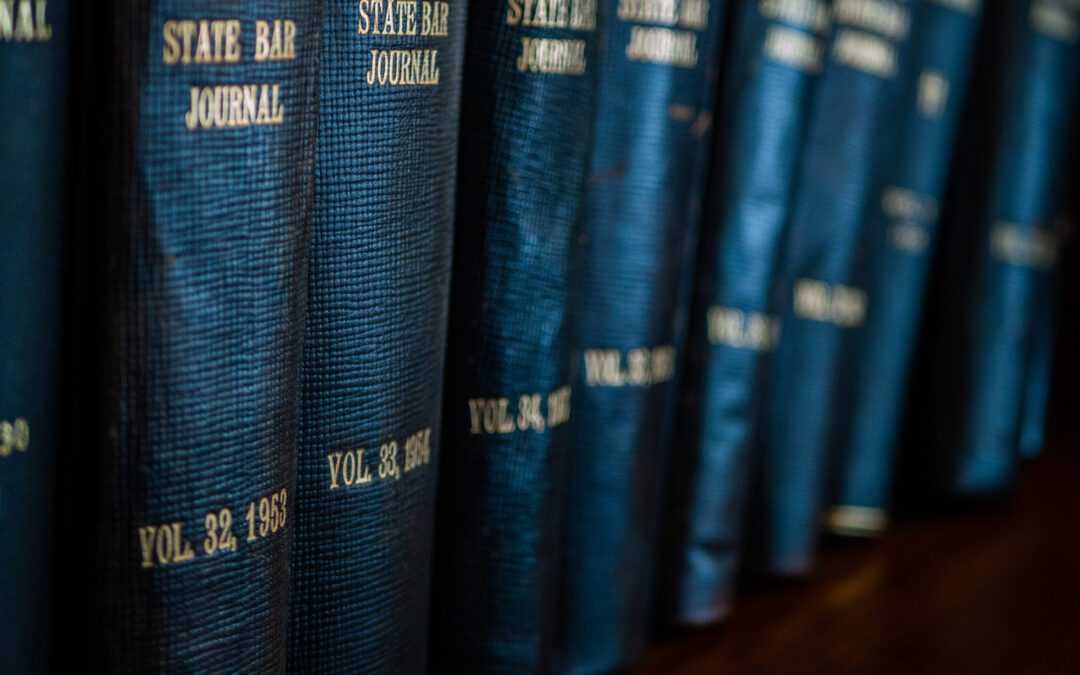
by TypeLaw | Jul 24, 2024 | Briefing, citations, Uncategorized
Mastering legal citations demonstrates professionalism If you’re an appellate attorney, writing accurate legal briefs is crucial, and that includes using the right citation terms. Two terms you’ll often encounter are id. and ibid.—but what’s the difference between...

by TypeLaw | May 9, 2024 | Briefing, citations, compliant formatting, Texas, Uncategorized
Formatting a brief for a Texas court Filing a compliant, well-formatted brief demonstrates your professionalism, establishes credibility with the court, and ensures that your brief won’t be rejected for technical errors—such as not adhering to specifications around...

by TypeLaw | Mar 26, 2024 | Briefing, citations, compliant formatting, Uncategorized
Brief rejections damage your reputation as an attorney It’s crucial for lawyers to steer clear of brief rejections in federal court to protect both their clients’ interests and their professional reputation. Rejected briefs not only cause frustrating...

by TypeLaw | Mar 11, 2024 | Briefing, citations, hyperlinking
The role of citations in a legal brief When writing a legal brief, lawyers use citations to scaffold a grounded, credible argument that persuades the reader to adopt their point of view. Relevant, accurate, perfectly formatted citations are a mark of an...

by TypeLaw | Jun 23, 2023 | California, citations, Uncategorized
Writing a legal document for a federal court instead of a California court (or vice versa)? There are many key case citation distinctions between the California Style Manual and Bluebook that you should be aware of. This article provides some helpful examples so you...

by TypeLaw | Aug 30, 2019 | article, citations, compliant formatting, editing, exhibits, tables
Using your time wisely is one of the most important aspects of brief writing—the more time you can spend on your actual argument, the better it will be, and the greater chance you’ll have to get your argument across to your reader. One of the main goals of...






